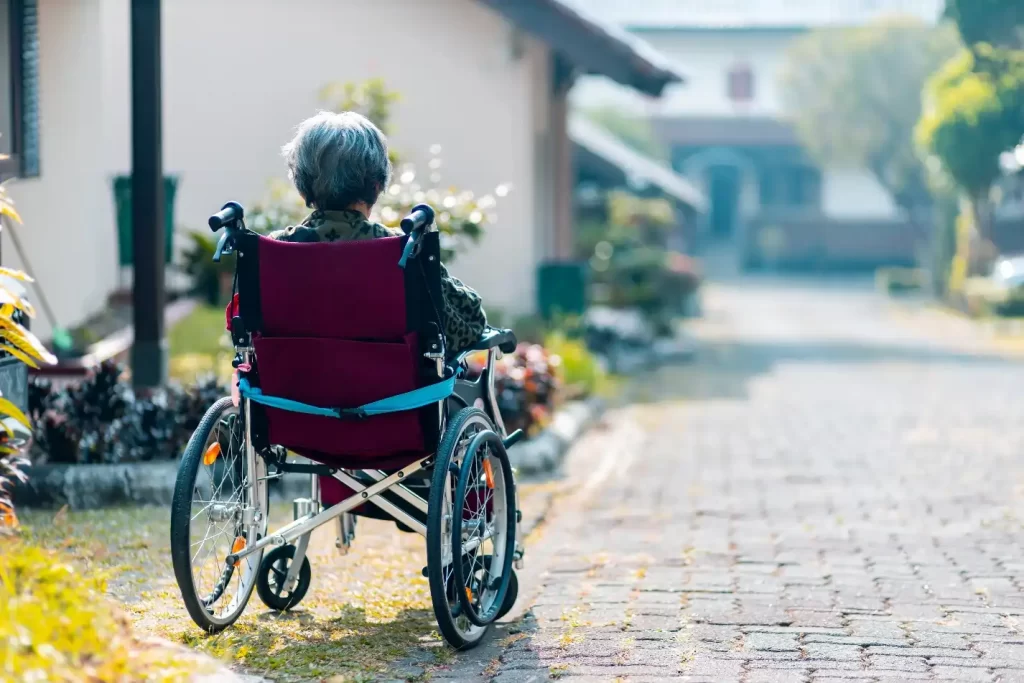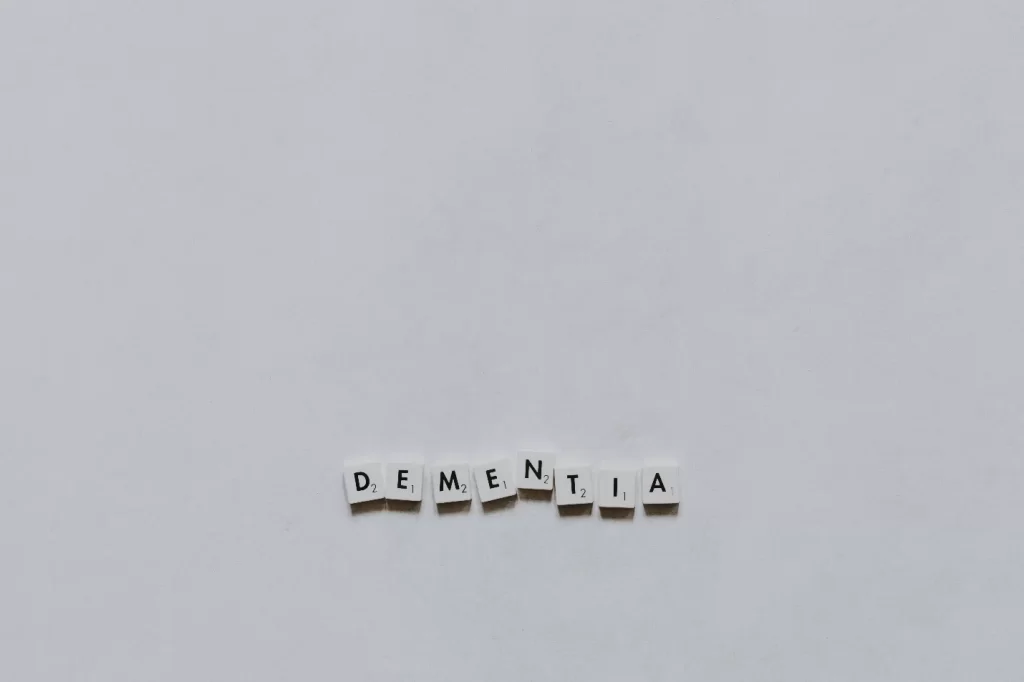Alzheimer’s disease is a progressive neurological disorder that causes the brain to shrink (atrophy) and brain cells to die. Alzheimer’s disease is the most common cause of dementia — a continuous decline in thinking, behavioral and social skills that affect a person’s ability to function independently.
The early-stage symptoms of this disease include forgetting recent events and conversations. At the more developed stages, the afflicted person would experience severe memory impairment and the loss of the ability to carry out everyday tasks. Although there are Medications that can temporarily improve or slow the progression of symptoms, such as aducanumab (Aduhelm™), There are no treatments that cure Alzheimer’s disease completely. Unfortunately, in advanced stages, dehydration, malnutrition, or infection can occur that would result in the death of the patient. The associated symptoms of this disease will be further discussed in the following paragraphs.
Associated Symptoms
Memory loss is the key symptom of Alzheimer’s disease. A person afflicted with Alzheimer’s disease may face difficulty remembering recent events or conversations and these memory impairments would gradually only worsen while other symptoms would also develop with the progression of the disease. Moreover, the patient suffering from Alzheimer’s disease may be aware of having these difficulties but A family member or friend may be more likely to notice how the symptoms have worsened over time.
Memory
We all have occasional memory lapses, but the memory loss associated with Alzheimer’s disease persists and worsens over time affecting the patient’s ability to function at work or home. Some of the common behavior and mental functions associated with this disease include:
- Repeating statements and questions over and over
- Forgetting conversations, appointments or events, and not remembering them later
- Routinely misplacing possessions, often putting them in illogical locations
- Getting lost in familiar places
- Eventually, forgetting the names of family members and everyday objects
- Having trouble finding the right words to identify objects, express thoughts, or take part in conversations
d Symptoms
Thinking and Reasoning
Alzheimer’s disease causes difficulty concentrating and thinking. Multitasking is especially affected; also, managing finances, paying bills, recognizing, and dealing with numbers are some of the problems that a person with Alzheimer’s is faced, making them unable to live their everyday life without some sort of assistance.
Making Judgments and Decisions
Becoming unable to make reasonable decisions and judgments in everyday situations are some of the other consequences of Alzheimer’s disease that are due to this illness’s effect on the patient’s cognitive abilities. This could be disruptive to an extent that would interfere with the performance of the simplest tasks and result in an inability to respond effectively to everyday issues, causing scenarios such as wearing clothes that are inappropriate for the weather, and burning food due to forgetfulness.
Planning and performing familiar tasks
Some activities such as planning, cooking a meal, or playing a game that requires sequential steps will be difficult for the afflicted person. However, it is advisable for people suffering from this disease to participate in activities that require memory practices as a means of slowing down the progression of the disease through mental exercises. In the same spirit, it is also important for the patient suffering from this disease to try to maintain an interactive social life and not become isolated as socializing has proven to be beneficial for this condition.
Changes in personality and behavior
There exists a variety of personality and behavioral changes that could occur as a result of being afflicted with this disease. These usually stem from the person’s inability to maintain an interactive social life and consequently becoming isolated. These changes usually include:
- Depression
- Apathy
- Social withdrawal
- Mood swings
- Distrust in others
- Irritability and aggressiveness
- Changes in sleeping habits
- Wandering
- Loss of inhibitions
- Delusions, such as believing something has been stolen
Preserved skills
There are some personal skills like listening to music, dancing, reading books, or telling stories that may preserve longer because they are controlled by parts of the brain that are affected later in the course of the disease.
As it has been mentioned above Alzheimer’s can lead to serious changes in personality and behavior like depression, social withdrawal, and distrust in others. This would consequently result in loneliness and poor social relationships. Studies have reported that loneliness and social isolation can relate to serious health conditions and put people at risk of dementia.
Loneliness could increase health risks in the following categories:
- a person’s risk of premature death from all possible causes, a risk that may rival those of smoking, obesity, and physical inactivity.
- about 50% increased risk of dementia.
- a 29% increased risk of heart disease and a 32% increased risk of having a stroke.
- higher rates of depression, anxiety, and suicide.
- a nearly 4 times increased risk of death, 68% increased risk of hospitalization, and 57% increased risk of emergency department visits among heart failure patients.
The report highlights loneliness among vulnerable older adults, including immigrants; lesbian, gay, bisexual, and transgender (LGBT) populations; minorities; and victims of elder abuse.






